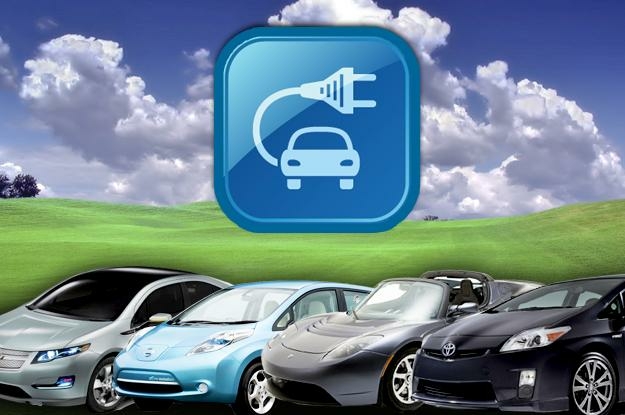Some time ago, I read an article that made a comparison of the environmental impacts of electric vehicles with conventional fuel vehicles. The study used a Life Cycle Analysis methodology, which means that it was not only focused on the use phase of the vehicles but took into account the whole process: from the materials extraction for the production to the waste disposal when their service life is ended. The results showed that in 2012, considering the electricity mix that was on offer in Europe, EV had a 10% to 24% decrease in global warming potential than diesel or gasoline fuels. This was mainly caused by the differences of gas emissions during the use phase. However, and this was surprising for me, the production of EVs give to these much higher impacts of other kind like human toxicity, fresh-water eco-toxicity and eutrophication and metal depletion. It’s difficult to establish an order of importance within the different types of environmental impacts and, therefore, saying which vehicle pollutes more is subject to personal interpretation. But what was clear for me was that EVs are definitely not a clean transport option, and their higher performances in respecting the environment are doubtful, especially in those countries that their electricity relies on non-renewable sources.
The complete article can be found in this website: http://onlinelibrary.wiley.com/doi/10.1111/j.1530-9290.2012.00532.x/full
All this information was contrasting with what I listened in my surroundings, praising EVs as the mean of transport for the future and telling the importance of doing the transition from our fuel tanks to electrical batteries for the good of our environment and sustainability. Many political plans were (and are being) implemented in this line by giving financial incentives to the citizens when buying a new electric car or by facilitating public infrastructure to accommodate such vehicles in the oh-so fancy smart cities. In my mind a question was arising: ‘Do these people really know the impacts of EVs in comparison to conventional cars or they only contemplate the emissions during the use phase?’. I soon began to understand that their main drivers for taking these measures were not their will to be sustainable but their interests in gaining power, money and public reputation.
Since then, sometimes I feel less motivated for working for sustainability as I realized that many empowered people use this concept in their own interest and take advantage of the complexity and relativity of the term. However, it was interesting to see in last lecture’s discussion that other people were in the same situation and hopefully, our ideas related to sustainability and our approach of the future will be developed throughout the course.
